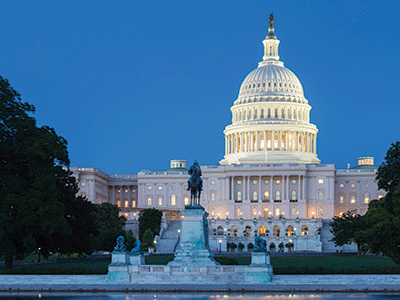 On July 22, President Obama signed into law the Comprehensive Addiction and Recovery Act of 2016, also known as CARA.
On July 22, President Obama signed into law the Comprehensive Addiction and Recovery Act of 2016, also known as CARA.
Moving the legislation through Congress was a bipartisan effort heavily supported on both sides and addresses a nationwide crisis of heroin and opioid drug abuse. Though the bill did not include the $1 billion in funding requested by Obama, Congress did authorize $181 million in new spending for programs and the expansion of access to treatment.
Among the multiple provisions in the new law, access to medication-assisted treatment of buprenorphine, methadone, and other forms of medication would be expanded to people within the criminal justice system. Also, the bill provides for the expanded use of naloxone by first responders and community members, including family members, to administer to a person experiencing an opioid overdose.
Another provision in the law includes federal grants to help boost state databases that flag patients who may be overusing prescription drugs. The bill does not, however, require that physicians check such databases before writing prescriptions.
Here in California, checking a database before prescribing opioids is voluntary. Currently there is a Senate bill, SB 482 by California State Senator Ricardo Lara (D-Bell Gardens), that would require physicians to check California's Controlled Substance Utilization Review and Evaluation System (CURES) database when prescribing Schedule II or III drugs to a patient for the first time – and regularly if treatment continues. Should SB 482 become law, California would become eligible for federal grants to boost funding support for CURES and would increase the monitoring and information analysis from pharmacies and prescribers to identify patients who may be seeking multiple opioid prescriptions.
SB 482 passed out of the Assembly Appropriations Committee on August 3. It will continue to the Assembly floor for a full vote by August 31, 2016. If passed, it will proceed to the governor’s desk for consideration.